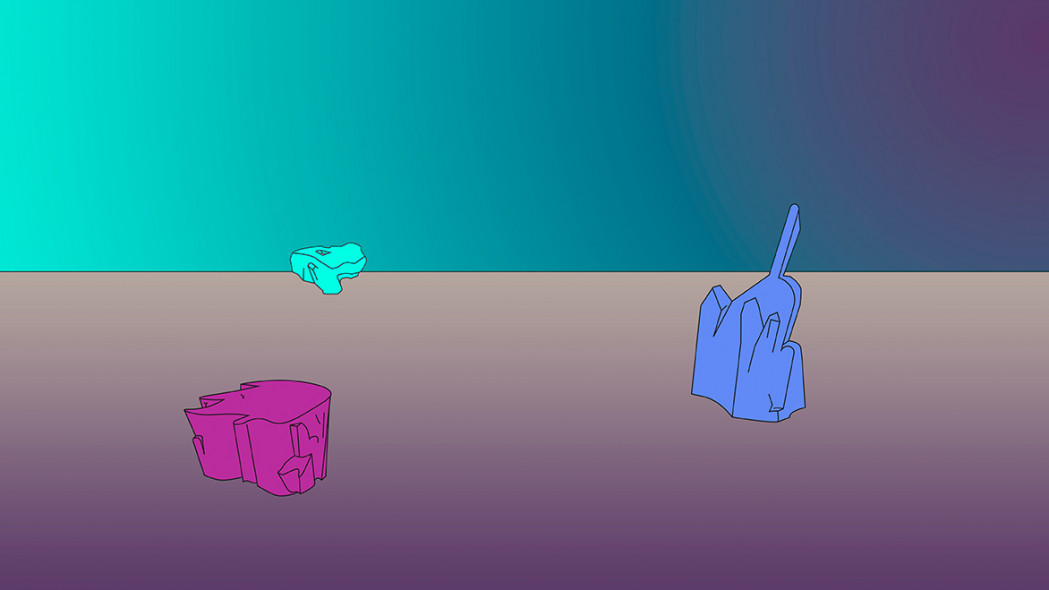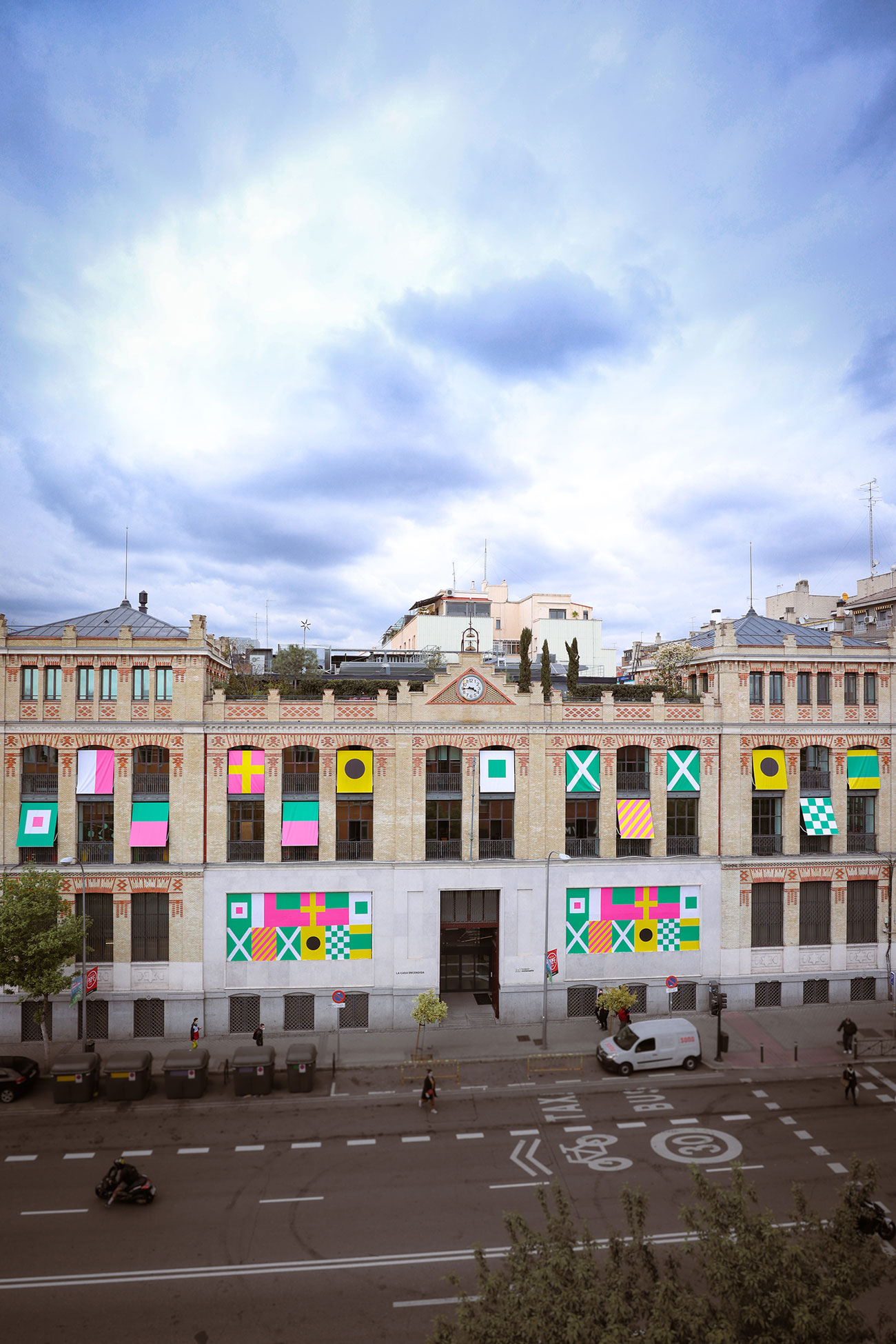Who’s Afraid of Dragons with Ursula K. Le Guin?

A tribute to Ursula K. Le Guin in the form of a sonic journey inspired by her musical collaboration with Todd Barton on Music and Poetry of the Kesh, interspersed with readings of various texts, a speculative fiction workshop, and a screening of the documentary that followed the author in her final years.
Ursula K. Le Guin (1929–2018) once said, “Words are events; they do things, change things.” She used words to send imaginary people to imaginary planets, other worlds that tell us there are different ways of inhabiting our own.
Through her vast body of work, the influential American author rescued science fiction from its marginal position in literature while simultaneously defying the conventions of the genre; she made us see that fantasy and speculation are not mere flights of fancy but thought experiments that can also be used to challenge the establishment.
In her quest for other “ways of being” and “creating worlds”, Ursula K. Le Guin offered an implied critique of widely accepted, internalised ideas about masculinity, technological fantasy, ethnicity, capitalist logics and climate change, and she aspired to get inside other minds and even other creatures, upsetting the perception of humanity as the measure of all things. We see Ursula composing the political manifesto of an ant, wondering what it would be like if humans had a seasonal sexuality, or imagining love in a society where everyone is bisexual and marriage—sedoretu—involves four people.
And although many messages can be gleaned from her stories, they are inseparable from and cannot be fully understood outside of her fiction. Ursula did not see her fiction as decorative wordage concealing a series of messages. Rather, she believed that a story and its complex meanings are inextricably intertwined, and reducing those meanings to a sermon distorts, betrays and destroys them.
Therefore, this cycle is an homage to Ursula K. Le Guin and all forms of storytelling that dispel the fear of “dragons”, chimeras referred to and ridiculed by a collective imaginary that still sees science fiction and fantasy as a form of frivolous escapism which has nothing to do with comprehending our world, its inhabitants and its destiny.
We’ve taken Karen Joy Fowler’s advice to heart: “Add as many dragons as you like.”
The cycle, which will take place from 26 to 29 March, kicks off with the workshop The Name of the World Is Ursula, led by Ana Llurba, a guided reading of Ursula K. Le Guin’s most significant works using selected theoretical texts in the framework of post-feminism and trans-humanism. A Sonic Journey from Kesh is a session in which Andrea Zarza will guide us with a DJ set developed from research carried out especially for the occasion that focuses on Ursula K. Le Guin’s relationship with music and anthropology through her family ties and the Kesh civilisation, taking the album that Ursula released in collaboration with Todd Barton, Music and Poetry of the Kesh, as its starting point. This session will also be interwoven with various short texts by the author, selected by Ana Llurba, which audience members will read aloud. Finally, the tribute will conclude with the Madrid premiere of Worlds of Ursula K. Le Guin by Arwen Curry, the first documentary about the author’s life and worlds, both real and imaginary, filmed with Le Guin’s participation over the course of a decade.
